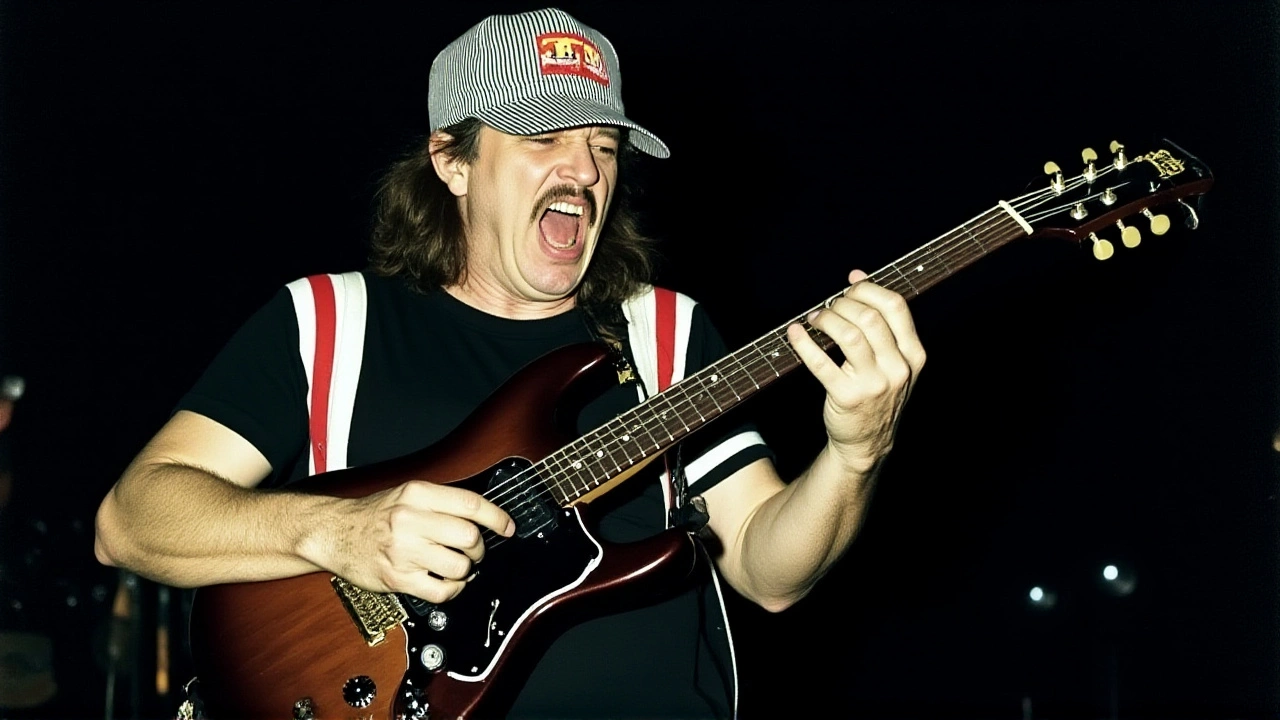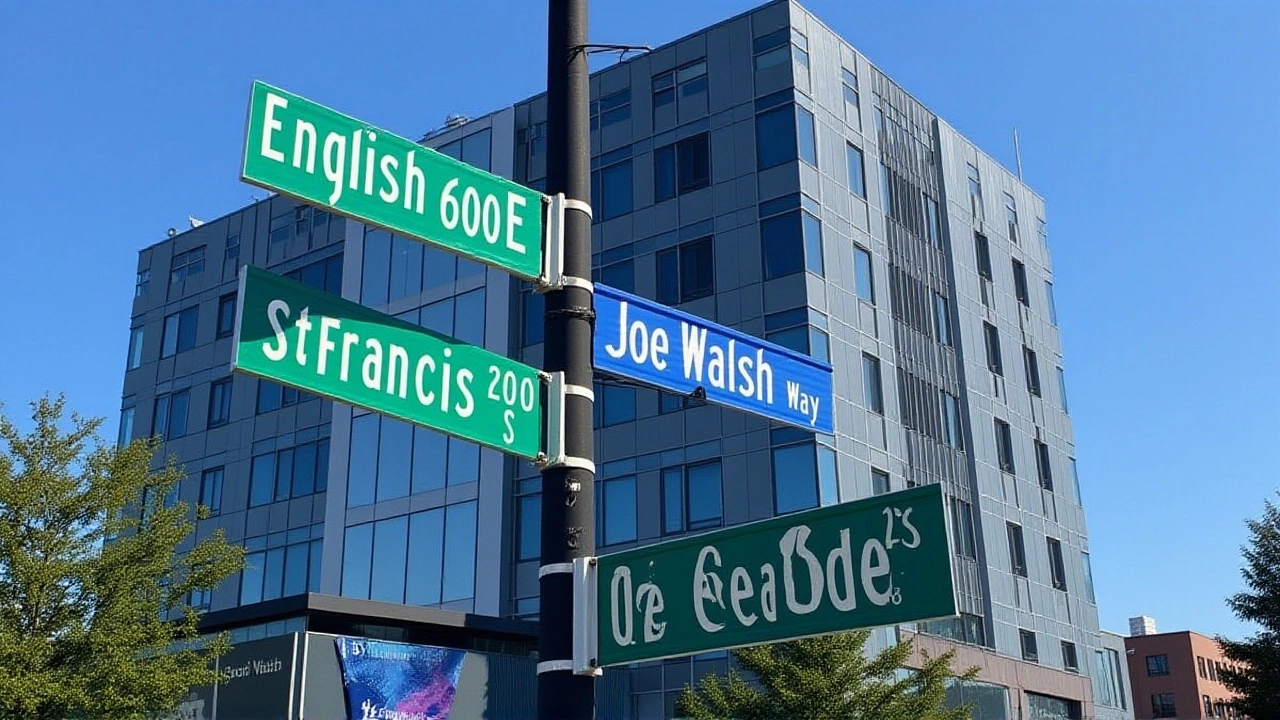Robert Walls, a towering figure in Australian rules football and a Carlton Football Club Legend, passed away peacefully on 15 May 2025 at age 74 in his Melbourne unit overlooking the Melbourne Cricket Ground. His death came not from sudden illness, but from a quiet, deliberate choice: accessing Victoria’s voluntary assisted dying laws after a two-year battle with acute lymphoblastic leukaemia. He’d spent over 250 nights in hospital since his late 2023 diagnosis. His son, David Walls, confirmed the end came peacefully, surrounded by family — his children Rebecca Walls, Daniel Walls, and David, along with his seven grandchildren. This wasn’t surrender. It was sovereignty.
A Life Built on the Field
Born on 21 July 1950 in Melbourne, Walls didn’t just play football — he defined it for a generation. He wore the navy and gold of Carlton Football Club with pride, winning a premiership in 1970 and becoming one of the VFL’s most feared ruckmen. Later, he crossed to Fitzroy Football Club, where he continued to lead by example. His impact didn’t end when he hung up his boots. As coach, he guided Brisbane Bears and Richmond Football Club, leaving his mark on clubs far beyond Carlton. He was inducted into the Australian Football Hall of Fame in 2006 — the same year his wife, Erin, died after a long battle with lung cancer. She was there for his induction. He wasn’t the same after.The Quiet Courage of Choice
When the cancer returned in late 2024, doctors gave him three to four months. He’d already endured two years of grueling treatment — over 250 nights in hospital, countless transfusions, the slow erosion of his strength. He’d had remission in 2024, long enough to watch his grandchildren play in the backyard, to laugh with his kids, to revisit old stories with mates. But when the disease came back with fury, he made a decision few outside his family fully understood — until now. "If I was to die tomorrow, I’d say how fortunate I’ve been," he told The Herald Sun in 2024. That wasn’t resignation. It was gratitude. He’d seen his mother suffer through a prolonged, painful end. He’d buried his wife. He didn’t want to become a burden, or worse — a ghost of himself in a hospital bed. So he chose to leave on his own terms. "I have had a great life and I have tried to fight it, but it’s enough," he said. And so, on a quiet Thursday morning in May, with sunlight glinting off the MCG below, Robert Walls closed his eyes for the last time — not in pain, but in peace.
Legacy Beyond the Scoreboard
His career wasn’t without controversy. In 2018, he famously predicted the West Coast Eagles would finish last — the wooden spoon. They won the premiership. Fans roasted him. He laughed it off. "I’m just an old bloke with an opinion," he’d say. He was also a community pillar. After his Hepburn Springs home was damaged by bushfires in 2019, he didn’t retreat. He coached the local junior team, passing on his knowledge to kids who’d never seen him play. He softened with age, friends say. The prickly coach became the grandfather who brought lollies to training. The Australian Football League released a statement from CEO Andrew Dillon, praising Walls’ "massive contribution" to football in Queensland and beyond. Plans are underway to honor him at the MCG in the coming weeks — a fitting tribute for a man who watched so many games from that very ground.What This Means for Football and Beyond
Walls’ death isn’t just a loss for Carlton fans. It’s a quiet milestone in how Australians face mortality. He didn’t hide. He didn’t dramatize. He simply said: I’ve lived. I’ve loved. I’ve fought. Now, I’m done. His choice to use Victoria’s assisted dying laws — one of the most tightly regulated in the world — adds a new layer to the national conversation about dignity in dying. He was a legend, yes. But he was also a man who refused to be defined by his illness. His son David, speaking on behalf of the family, said: "He wanted to be remembered for the games he won, the people he helped, and the life he lived — not the cancer he had."
Remembering Robert Walls
- Played 264 VFL/AFL games for Carlton and Fitzroy
- Carlton premiership player (1970), coach of Brisbane (1988–1991) and Richmond (1992–1995)
- Inducted into Carlton Hall of Fame (1990), elevated to Legend (2011)
- Australian Football Hall of Fame inductee (2006)
- Survived by three children and seven grandchildren
- Spent 250+ nights in hospital over two years battling acute lymphoblastic leukaemia
Frequently Asked Questions
Why did Robert Walls choose voluntary assisted dying?
After being diagnosed with acute lymphoblastic leukaemia in late 2023, Walls endured over 250 hospital nights and multiple rounds of treatment. When the cancer returned aggressively in late 2024, doctors gave him three to four months to live. He chose not to undergo further chemotherapy, instead using Victoria’s voluntary assisted dying laws to avoid prolonged suffering and maintain dignity — a decision influenced by witnessing his wife’s and mother’s difficult end-of-life experiences.
What was Robert Walls’ role in Australian football beyond playing?
Beyond his playing career, Walls coached the Brisbane Bears and Richmond Football Club, and later became a respected media commentator. He was known for his blunt opinions, including his infamous 2018 prediction that the West Coast Eagles would finish last — they won the premiership. He also supported grassroots football, coaching juniors in Hepburn Springs after his home was damaged by bushfires in 2019.
How is the AFL honoring Robert Walls?
The AFL has announced plans to celebrate Walls’ contributions to football at Carlton, Fitzroy, Brisbane, and Richmond with a formal tribute at the Melbourne Cricket Ground in the coming weeks. CEO Andrew Dillon specifically highlighted his role in developing the game in Queensland, acknowledging his lasting influence beyond just his playing days.
How did Robert Walls’ personal life shape his decisions?
The death of his wife, Erin, from lung cancer in 2006 deeply affected him. He lived alone after her passing and had witnessed her suffering. He also saw his mother’s prolonged decline. These experiences made him determined to avoid a similar fate. In interviews, he expressed gratitude for his life but refused to endure unnecessary pain — a perspective that informed his final, private decision.
Is Robert Walls the first AFL legend to use voluntary assisted dying?
While not the first Australian sports figure to do so, Walls is among the most prominent AFL legends to publicly choose voluntary assisted dying. His decision, made with clarity and dignity, has sparked renewed public discussion about end-of-life rights in Australia, particularly among older generations who value autonomy and control.
What legacy does Robert Walls leave behind?
Walls leaves a legacy of toughness, honesty, and compassion — on the field, in the commentary box, and in his final act. He was a premiership player, a respected coach, a media icon, and a devoted family man. More than statistics or trophies, his legacy is in the lives he touched: his children, grandchildren, players he coached, and fans who admired his integrity. He chose to go out on his terms — and that, perhaps, is his greatest victory.

